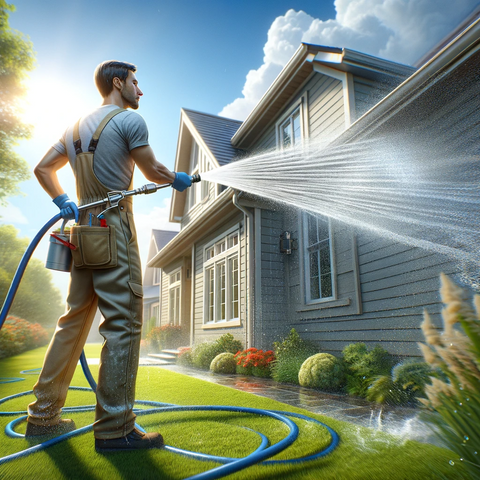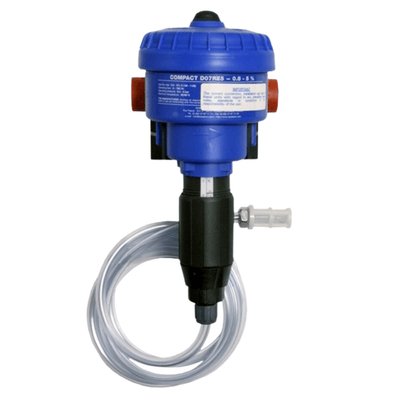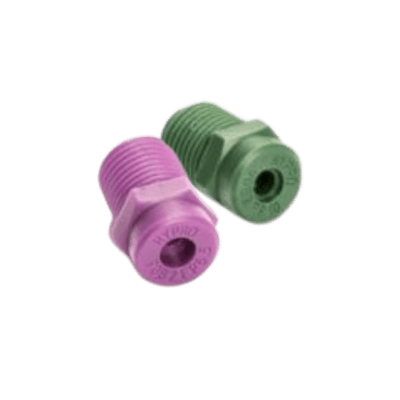Protecting Delicate Surfaces During Softwashing: A Comprehensive Guide

When it comes to maintaining the exterior cleanliness of buildings and homes, softwashing emerges as a hero, especially against the backdrop of its harsher counterpart, pressure washing. This gentle yet effective cleaning method, which utilizes a low-pressure delivery system combined with a blend of cleaning solutions such as sodium hypochlorite, targets organic stains, mildew, algae, and more, without the risk of damage to surfaces. However, as with any powerful solution, it's crucial to understand how to protect delicate surfaces such as windows, doors, and various materials like wood, metal, and plastic during the process. At SoftWash UK, we're committed to not just providing top-notch softwashing equipment and solutions but also ensuring you have the knowledge and support to tackle any project with confidence.
Understanding Softwashing
Before diving into the protection methods, let's clarify what softwashing is. Unlike pressure washing, softwashing uses low-pressure water combined with specific cleaning agents to clean surfaces gently. This method is ideal for delicate areas where high pressure could cause damage. It's particularly effective against organic growths, offering a longer-lasting clean by treating the root of the problem.
The Need for Protecting Delicate Surfaces
Delicate surfaces such as windows, doors, and those made from wood, metal, and plastic, including powder-coated finishes, require extra care during softwashing. These materials can be susceptible to damage or discoloration if not properly protected from the cleaning solutions used in the process.
How to Protect Delicate Surfaces
Pre-Wetting Surfaces: Before applying any softwash solution, it's vital to thoroughly wet down the surfaces you wish to protect. This step helps to create a protective barrier, preventing the solution from directly contacting and potentially harming the surface.
Re-Wetting After Application: Once the softwash solution has been applied to the intended areas, it's equally important to re-wet the protected surfaces. This action helps to wash away any solution that may have accidentally come into contact with the surface, further ensuring its protection.
Utilizing Protective Coverings: In some cases, physical barriers such as plastic sheeting or painter's tape can provide an additional layer of protection for extremely delicate or sensitive areas.
SoftWash UK: Your Partner in Protection
At SoftWash UK, we understand the nuances of softwashing and the importance of protecting delicate surfaces during the process. Our expertise and range of products cater to all aspects of softwashing, from equipment to cleaning solutions, ensuring you have the right tools for every job. Whether you're a seasoned professional or new to the industry, our team is here to provide guidance and support, ensuring your projects are successful and safe.
Relevant Products: Our inventory includes a variety of softwash systems, nozzles, and accessories designed to give you precise control over the application process, minimizing the risk to delicate surfaces. Additionally, our selection of cleaning solutions is formulated to be effective yet gentle on a wide range of materials.
For more detailed information on products and techniques, or if you have specific questions, visit our website at SoftWash UK. Our resource center is filled with guides, tips, and advice to assist you in every aspect of softwashing.
FAQs for Protecting Delicate Surfaces During Softwashing
-
Can softwashing be used on all types of exterior surfaces? Yes, softwashing can be safely used on a wide variety of surfaces, including delicate ones, with proper preparation and protection.
-
How do I know if a surface needs special protection? Generally, surfaces made from materials like wood, metal, plastic, or those with special finishes such as powder coating, should be protected.
-
What should I do if a protected surface accidentally comes into contact with the softwash solution? Quickly rinsing the surface with plenty of water can help mitigate any potential damage.
-
Can SoftWash UK provide training on protecting delicate surfaces? Yes, SoftWash UK offers comprehensive training sessions that include how to protect delicate surfaces during the softwashing process.
-
Are there environmentally friendly softwash solutions available? Absolutely, SoftWash UK offers a range of eco-friendly cleaning solutions suitable for various applications.
Conclusion
Softwashing is a powerful tool in the exterior cleaning arsenal, offering the ability to clean effectively without the risk of damage associated with high-pressure methods. However, the protection of delicate surfaces is paramount to ensure the integrity and aesthetics of the property being cleaned. By following the guidelines for pre-wetting and re-wetting, along with utilizing protective coverings and the right products, you can achieve impeccable results while safeguarding sensitive materials.
SoftWash UK stands ready to support you with expert advice, quality products, and the assurance that comes with our extensive experience in the industry. Whether you're tackling your first project or looking to refine your techniques, we're here to help every step of the way. Visit our website for more information, products, and support as you embark on your softwashing journey.





























